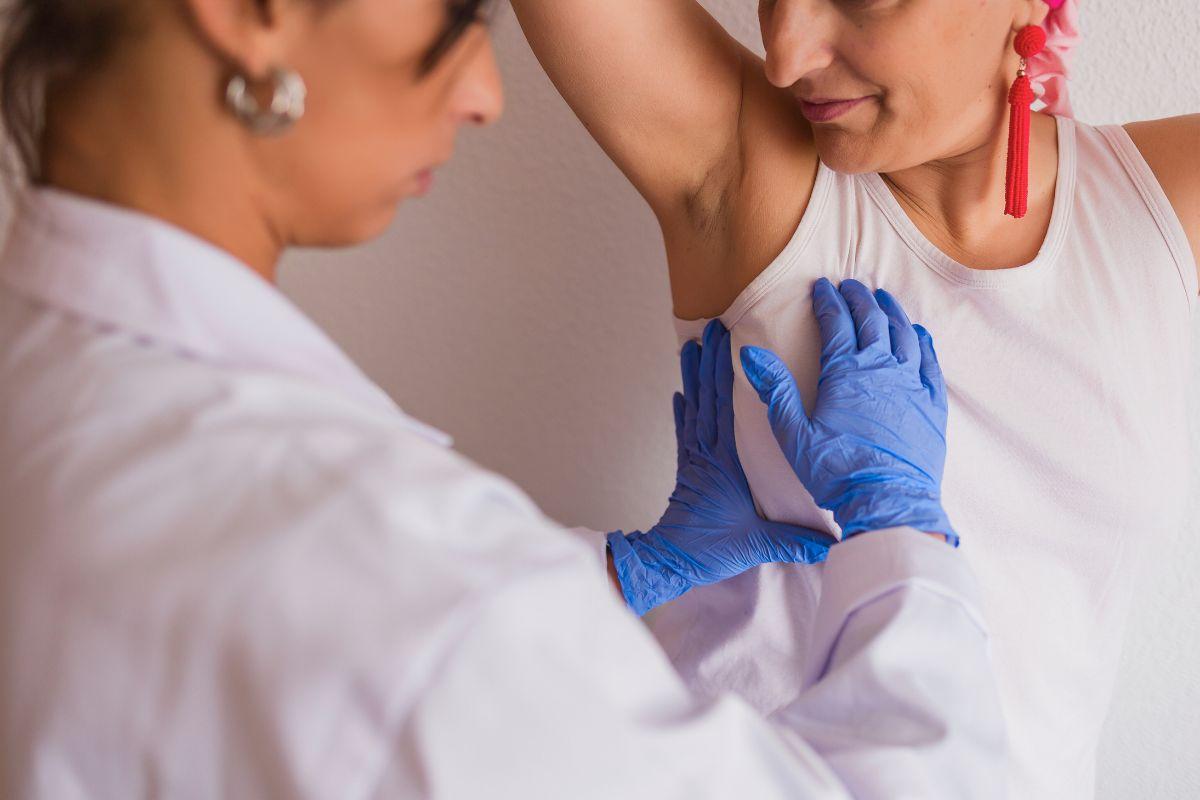Written by Mr Steven Gordon for Doctify
Miscarriage is not something people like to talk about. Its a difficult subject to broach and one that feels awkward and taboo, which just further adds to its stigma. And although miscarriage can be devastating for both the mother and the father, it’s the woman who experiences the physical fallout.
A study has also found that women often blame themselves despite roughly half of early miscarriages being due to genetic issues that affect the baby’s development. But what about the father? Can his contribution affect the likeliness of miscarriage? Urologist Mr Stephen Gordon is here to talk to us about the role men’s health plays in pregnancy and miscarriage.
How does men’s health affect pregnancy?
When a couple are trying for a child it is important to consider the male partner’s contribution. For many years this has been an area of limited awareness. However, published causes and outcomes available from the HFEA show that male factors are the most common reason for undergoing fertility treatment in the UK.
Male factors have an impact on not only conception but also later events in pregnancy. This is evident from the increased chance of pre-eclampsia at the end of pregnancy with a first child of a new male partner. Scientific and clinical evidence is growing specifically relating to how the quality of sperm can impact on the chance of conceiving. It can also impact likelihood of miscarriage.
Are there any medical tests that men can do to determine likelihood of miscarriage?
Male fertility is difficult to measure and traditionally has only been performed by a semen analysis. This looks at the number of sperm and how well they move and their shape. Results can be very variable and laboratories will often use different standards and criteria to describe normal. However, the predictive ability of this test is limited particularly with relation to the chance of miscarriage.
What other factors are there?
In the last decade researchers have looked more closely at the relevance of DNA damage within the sperm. They have studied how it impacts on conception and also later stages of pregnancy, including miscarriage. The DNA in the sperm is the genetic material which merges with DNA from the woman’s egg. All being well, this leads to the formation of a healthy embryo and pregnancy. Increased levels of DNA damage have been linked to early and late pregnancy loss even with normal sperm counts. It has also been postulated that a certain amount of DNA damage may be able to be corrected if the woman’s eggs are of very good quality.
The direct causes of DNA damage are varied but seem to have a common factor of oxidative stress. This is a type of stress caused to the sperm when exposed to certain substances called reactive oxygen species (ROS) that can damage the sperm.
Can DNA damage be treated?
Treatments for excessive DNA damage are available and depend on the cause but, ultimately, can reduce the amount of ROS or their chance of affecting the sperm. Major causes linked to DNA damage include smoking, infection, high fevers, diet and drug use. Advanced age, varicocele (when veins become enlarged inside your scrotum) and exposure to environmental or occupational pollutants including increased testicular temperatures can also be factors.
The results of DNA damage testing can give men and couples reassurance if normal. However, if they are elevated, they can help focus investigations for potential causes and even offer treatments to improve the sperm. Treatment may be removal of risk factors such as smoking cessation, treating infection or embolization of a varicocele. Lifestyle changes may also be beneficial and nutritional support or vitamin and anti-oxidant supplementation can be more directed.
For couples, the result may inform their decision making. For instance, those related to continuing with natural conception or using assisted reproductive techniques such as Intra-Uterine Insemination (IUI) or In Vitro Fertilisation(IVF) or Intra-Cytoplasmic Sperm Injection (ICSI). Rarely, if IVF or ICSI are being considered then surgical sperm retrieval may be an option to use sperm that has not been subjected to the oxidative stress often found when on the prolonged journey passing through the male genital tract. If sperm quality is particularly low, then consideration of using a sperm donor may be an option for some.
Are there other tests?
Rarely, if the sperm numbers and quality are particularly low, or if there is particular concern about inheritable conditions, then underlying genetic causes can be more specifically assessed. Specific blood and sperm genetic tests can be performed if indicated such as Karyotype, Y-Microdeletion and Cystic Fibrosis blood tests or sperm aneuploidy testing. Although rare, these tests if abnormal can have a significant impact on the male partner, any future pregnancies and offspring as well as the man’s wider family.




